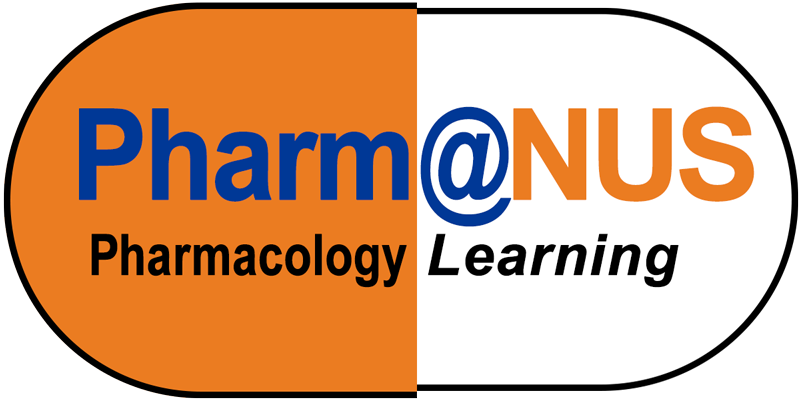It is advised to avoid taking fexofenadine with fruit juices. But does this apply to all fruit juices or only grapefruit juice? And what about tomato juice – are tomatoes not also fruit? And why the warning only about the juice – what happens if you eat the fruit instead of drinking the juice?
Grapefruit and Drug Metabolism – A Closer Look at CYP Interactions: Many of us might have come across warnings about the potential interaction between grapefruit juice and certain medications. Let’s delve deeper into the science behind this. Grapefruits, along with other specific citrus fruits like pomelos and Seville oranges (often termed as bitter oranges or sour oranges), are rich in polyphenols, notably furanocoumarins. These compounds play a crucial role in inhibiting various cytochrome P450 enzymes, including CYP3A4, CYP1A2, CYP2C9, and CYP2D6.
Why does this matter? The inhibition of the CYP3A4 enzyme, in particular, impedes its ability to effectively metabolize certain drugs. As a result, there can be an unintended increase in the drug levels within the bloodstream, amplifying the risk of side effects or even toxicities. It’s noteworthy that CYP3A4 is pivotal for the metabolism of a wide range of medications. Consequently, grapefruit’s interaction can potentially affect the efficacy and safety of medications such as statins (targeting high cholesterol), calcium channel blockers (for managing hypertension), calcineurin inhibitors (used in immunosuppression), and benzodiazepines (prescribed for anxiety and insomnia).
Fruit and Fexofenadine – Reduced Absorption: Contrary to the increased plasma concentration of drugs seen following inhibition of CYP enzymes, fruit juices decrease intestinal absorption of the second-generation H1 antihistamine, fexofenadine. The mechanism behind this interaction involves intestinal transporters, specifically organic anion-transporting polypeptides (OATPs).
